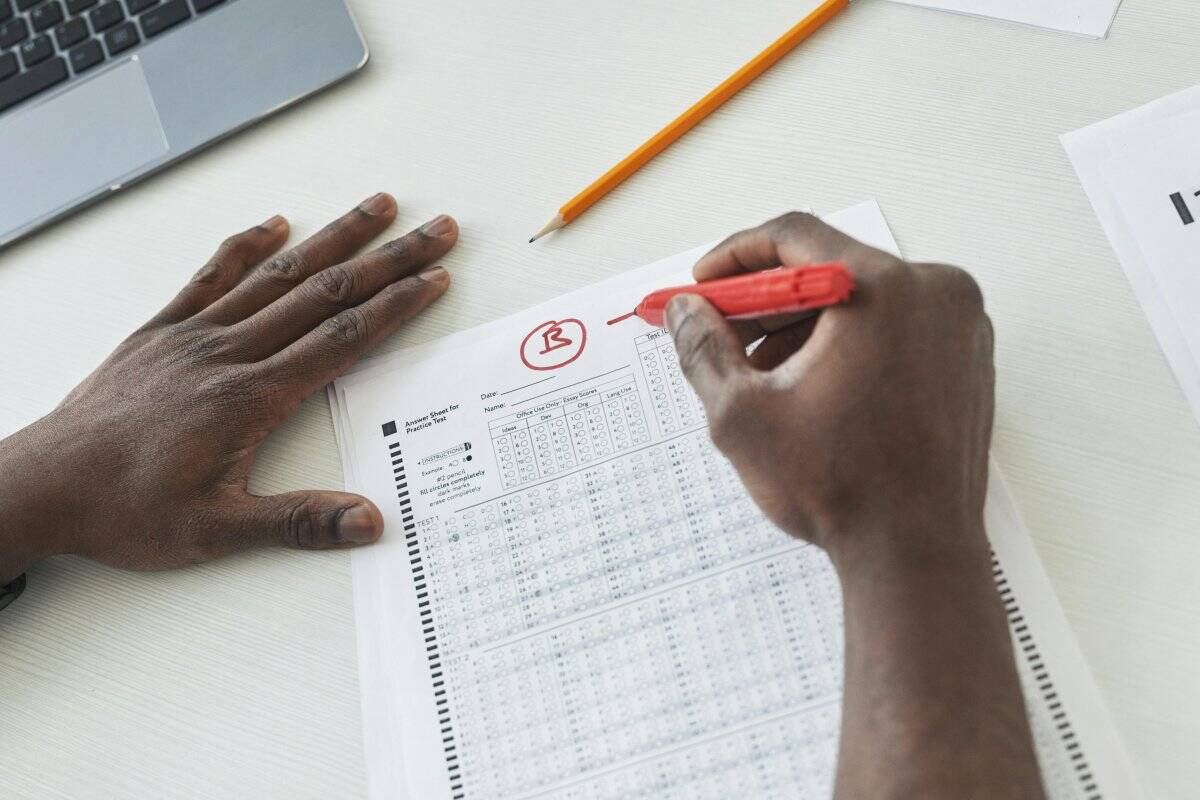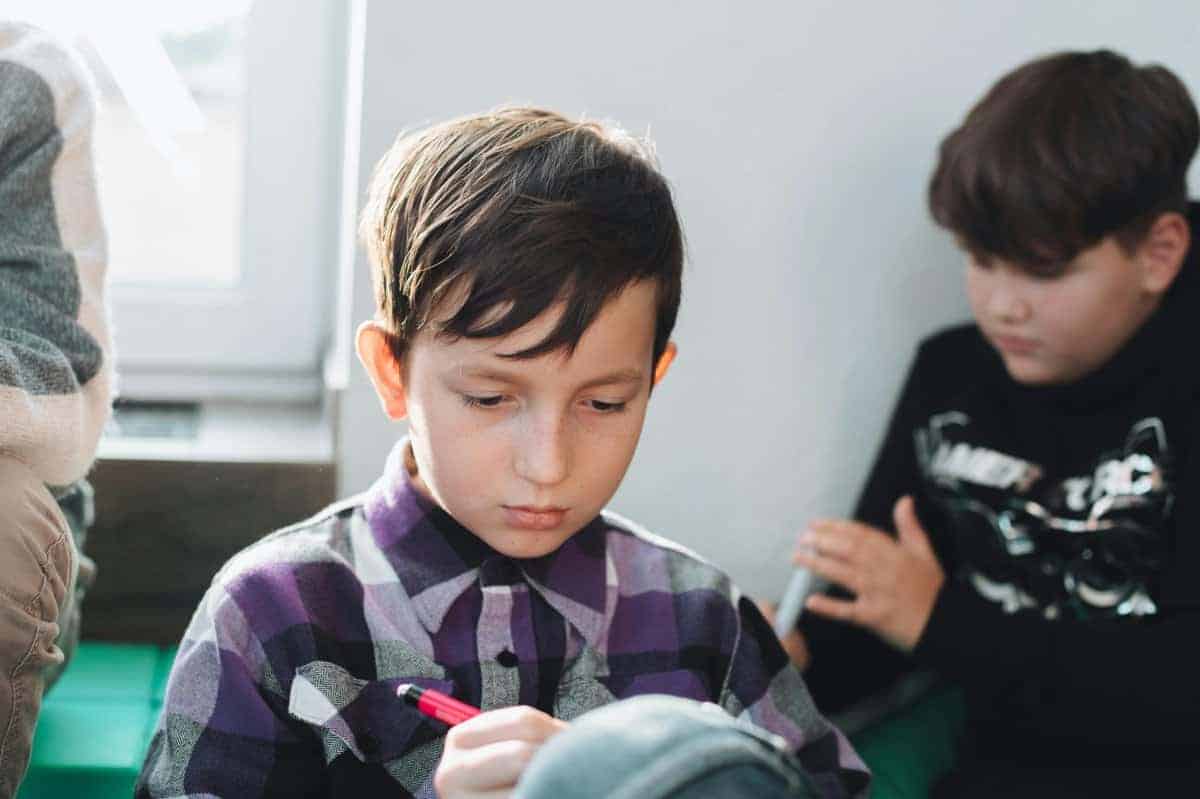Parents: Here’s How to Tell If Your Child Is Quietly Falling Behind in Class
A sudden shift in your child’s attitude toward school can be one of the earliest signs that they’re struggling academically. If your once-enthusiastic child now appears indifferent, anxious, or withdrawn when asked about their day, it’s worth paying attention. Children who are confident and engaged usually share stories and eagerly discuss what they’ve learned. In contrast, a child who avoids talking about schoolwork or seems moody after class may be quietly falling behind. Noticing these subtle changes early can make all the difference in supporting your child before challenges escalate.
Avoidance of Homework or School-Related Tasks

If your child is procrastinating, making excuses, or rushing through homework, it could signal more than simple reluctance. While it’s normal for children to occasionally grumble about assignments, consistent avoidance is often a sign of academic difficulty. Children who are struggling may try to sidestep tasks that leave them feeling inadequate or exposed. You might notice them forgetting assignments, complaining of boredom, or needing frequent reminders to get started. Unlike typical resistance, chronic avoidance usually points toward underlying challenges with grasping classroom material.
Frequent ‘I Don’t Know’ Responses

A steady stream of “I don’t know” or vague answers when you ask about schoolwork often signals more than simple forgetfulness. While it’s normal for kids to sometimes be unsure, consistent non-committal responses may reflect confusion or a lack of understanding. If your child rarely discusses specific lessons or assignments, this could indicate they’re feeling lost, overwhelmed, or disconnected from what’s happening in class.
Decline in Grades or Teacher Feedback

A noticeable drop in grades or frequent comments from teachers about missed assignments and low participation are strong warning signs. Sometimes, these declines happen gradually—a few lower test scores, then a pattern of underperformance. Children who are struggling may even try to hide report cards or avoid sharing teacher notes to escape embarrassment. If you receive repeated feedback from teachers or see a downward grade trend, it’s time to pay closer attention to your child’s academic needs.
Loss of Interest in Favorite Subjects

If your child suddenly loses enthusiasm for a subject they once loved, it may signal underlying academic struggles. While it’s normal for interests to change as children grow, a sharp drop in excitement for a favorite class or activity can indicate frustration or feelings of failure. Watch for signs like refusing to talk about a previously enjoyed subject or skipping related activities. This kind of disinterest, especially when abrupt, often points to a deeper issue needing attention.
Social Withdrawal from Peers

Children who feel they’re falling behind may start to withdraw from classmates, especially in group work or collaborative settings. Unlike typical introversion, this type of withdrawal is often rooted in embarrassment or the fear of being exposed as struggling. You might notice your child avoiding group projects, sitting alone, or becoming less enthusiastic about social activities at school. These behaviors can be a protective response to academic challenges and a desire to avoid uncomfortable situations with their peers.
Physical Complaints Before School

If your child often reports headaches, stomachaches, or feeling tired specifically on school days, it might be more than a physical issue. Consistent complaints that seem to vanish on weekends or holidays can be a sign of school-related anxiety or avoidance. While occasional illness is normal, pay attention to patterns and timing. Frequent physical symptoms tied to school mornings may indicate your child is struggling emotionally with academic pressures or social challenges in the classroom environment.
Difficulty Organizing or Completing Assignments

Repeatedly losing track of assignments, missing deadlines, or turning in incomplete work can signal more than normal forgetfulness. While every child occasionally forgets a homework sheet, ongoing disorganization or trouble managing tasks often reflects deeper academic struggles. You might notice a cluttered backpack, missing materials, or frequent requests for extensions. These patterns suggest your child may be overwhelmed by the workload or unsure how to approach their assignments, rather than simply being absent-minded.
Lack of Participation in Class Discussions

If your child rarely raises their hand or avoids engaging in class discussions, it might indicate they’re struggling to understand the material or lack confidence in their abilities. While some children are naturally reserved, a sudden or increasing reluctance to participate—especially if they once contributed—can be a warning sign. Look for patterns of silence, reluctance to share ideas, or avoidance of group discussions as clues that your child may need extra academic support.
Frustration or Emotional Outbursts About Learning

Children who experience frequent frustration, tears, or meltdowns during homework or study sessions may be quietly struggling with the material. While occasional irritation is normal, intense emotional reactions—such as yelling, giving up quickly, or crying over small mistakes—often signal deeper academic gaps. These outbursts can be a child’s way of masking embarrassment or anxiety about not keeping up. If learning time regularly ends in conflict or distress, it’s a strong indicator that your child may need targeted support.
Reliance on Others for Simple Tasks

If your child constantly asks for help with homework tasks they previously managed alone, it may signal a lack of foundational understanding. While younger children naturally need support, older students should be able to handle basic assignments independently. Frequent requests for guidance on simple instructions, spelling, or math facts can indicate they’re struggling to keep up with class expectations. This ongoing reliance suggests it’s time to explore underlying academic challenges and provide additional support.
Misplaced or Forgotten School Supplies

Regularly losing track of school supplies, books, or assignments often points to more than simple carelessness. When a child is disengaged or overwhelmed by school, organization can quickly fall apart. Consistent forgetfulness—like missing pencils, misplaced notebooks, or forgotten homework—can signal that your child is struggling to stay on top of their responsibilities. This pattern of disorganization is a common side effect of academic difficulties and deserves attention if it becomes a frequent issue.
Changes in Sleep or Appetite Patterns

Academic stress can sometimes lead to changes in sleep or appetite, such as trouble falling asleep, waking up frequently, or eating much less or more than usual. While it’s normal for children to experience occasional shifts, persistent changes that coincide with school-related challenges may be a sign of underlying anxiety or emotional distress. If your child’s sleep or eating habits noticeably change during difficult academic periods, it’s important to recognize these as possible indicators of deeper struggles.
Conclusion

Recognizing the subtle signs that your child may be quietly falling behind in class—from mood changes and avoidance behaviors to organizational struggles and physical complaints—is crucial for early support. Compassionate, proactive intervention can make a profound difference in your child’s educational journey. Maintain open communication with your child and their teachers, and don’t hesitate to seek help if you notice persistent patterns. By working together and responding early, you can help your child regain confidence and thrive both academically and emotionally.
.article-content-img img { width: 100% }




